The cancellation of the 2023 Emilia Romagna Grand Prix is an historic first for Formula 1 in that it has become the first ever World Championship race to be cancelled prior to the weekend for weather concerns.
Intense flooding and rainfall in Northern Italy led to F1 officially calling the event off on Wednesday 17th May after personnel were told not to come to the paddock owing to the conditions.
With the series not wanting to place an additional burden on local emergency services in the relief and rescue efforts, the decision was made to cancel the event - with it seemingly unlikely that the race will take place this year.
As such, it becomes the first race in 1,084 World Championship Grands Prix to be pulled before cars hit the track owing to the weather in what was the only conscientious decision that could be taken as running a major international sporting event in the middle of a disaster area would be inconceivable.
But it is not the first F1 Grand Prix to ever be cancelled - it has happened a handful of times in the history of the World Championship, including for driver boycotts and political unrest.
1955 - the Le Mans disaster
In June 1955, the Le Mans 24 Hours disaster killed 80 spectators and driver Pierre Levegh after his car somersaulted into a grandstand after contact with Lance Macklin who had swerved to avoid the pitting Jaguar of Mike Hawthorn.
In repsonse, the French, Swiss, Spanish and German Grands Prix were all cancelled as the season was considerably shortened to allow Juan Manuel Fangio to claim a third title for Mercedes.
Motorsport would return in three of the countries, but the ban remained in place in Switzerland. Racing would return there in Formula E under an exemption for electric vehicles, and it would not be until May 2022 that the ban on motorsport was formally lifted 77 years after the disaster.
Mercedes, who Levegh was driving for, also withdrew from F1 at the end of the 1955 season, only to return as an engine supplier for McLaren in 1997 and then as the full works team in 2010 taking over Brawn GP.
1957 - Money, Money, Money
Even in the nascent World Championship, money was what made the F1 circus go around.
In response to the 1956 Suez Crisis, when the British government tried to regain control over the Suez Canel and remove Egyptian President Gamal Abdel Nasser who had told them to kindly leave after nationalising the oil company, petrol and oil prices skyrocketed.
As such, the promoters of the Dutch and Belgian Grands Prix in 1957 could only offer reduced starting and prize money - which the teams scoffed at.
One replacement Grand Prix was held in Italy at Pescara.
Already a long-standing event in its own right, for one time only, the mammoth 15.8 mile circuit was added to the calendar.
Lap-times were just under 10 minutes long, with winner Stirling Moss taking 2:59:22.7 to complete the 18 laps.
The Suez crisis and blocking of the canal also brought about the resignation of British Prime Minister Anthony Eden.
Two cancellations at Spa
In both 1969 and 1985, the Belgian Grand Prix at Spa was cancelled, but for wildly different reasons.
In 1969, Jackie Stewart led a driver boycott of the event as the promoters would not pay for crucial safety upgrades that he demanded.
This was the old Spa, and Stewart had been involved in a terrifying accident in 1966, when, in the wet, he crashed and was stuck upside down in the car as fuel ruptured from the tank.
As a senior driver, he led calls for the increased safety that would eventually work its way into Grand Prix racing, although he faced fierce criticism at the time, including from the media.
16 years later, the Belgian GP was cancelled in June after practice had got underway.
Organisers had resurfaced the track to aid grip in the wet, but finished just 14 days before practice kicked off.
As such, the track broke up - and emergency repair work only made things worse heading into Saturday practice with laps 25 seconds off the pace from the Friday.
The meeting was cancelled, the organisers given a rather stern talking too, but uniquely for this list, the race was rearranged.
It would be run in September, won by Ayrton Senna in a Lotus for his second of 41 Grand Prix wins.
2011 Bahrain - Political unrest
In late 2010, the Arab Spring protests began in the middle-east as a series of rebellions in the Arab world spread in response to human rights, economic and corruption concerns.
Some rulers were disposed, including Libyan leader Colonel Muammar Gaddafi and Egyptian President Hosni Mubarak.
Scheduled to host the opener on March 13th, anti-government protests hit Bahrain with Nabeel Rajab, the vice-president of the Bahrain Centre for Human Rights keen to highlight F1's presence.
In the end, the race was predictably cancelled with the Crown Prince Salman bin Hamad bin Isa Al Khalifa making the announcement.
Even when F1 returned in 2012, some unrest was experienced with Force India skipping FP2 to make it back to the hotel before night fall.
COVID
The first F1 race to be cancelled by COVID-19 was the Chinese Grand Prix in early 2020, but by the time of the season-opening Australian Grand Prix, the pandemic was worsening.
At the start of the race week, the race was going ahead but as the circus decamped to Australia, the situation drastically worsened.
A McLaren team member tested positive for the virus, and so they withdrew with the race finally being called off hours before FP1 was due to start.
This triggered a wave of cancellations including races in Vietnam, Monaco, the Americas, and Japan all being pulled.
A handful would also be called off in 2021, including Australia, Canada and Singapore.
The Chinese Grand Prix is yet to return to the calendar since 2019 owing to the pandemic and the government's approach of 'zero-COVID', which was ultimately dropped in early 2023.
Cancelled Formula 1 Grands Prix
| Year | Race | Reason for cancellation |
|---|---|---|
| 1955 | France | 1955 Le Mans disaster |
| 1955 | Switzerland | 1955 Le Mans disaster |
| 1955 | Spain | 1955 Le Mans disaster |
| 1955 | Germany | 1955 Le Mans disaster |
| 1957 | Netherlands | 1956 Suez Crisis |
| 1957 | Belgium | 1956 Suez Crisis |
| 1969 | Belgium | Driver boycott after safety |
| 1985 | Belgium | Track unsafe (was run in September 1985) |
| 2011 | Bahrain | Political unrest |
| 2020 (ongoing) | China | COVID |
| 2020-21 | Australia | COVID |
| 2020 | Vietnam | COVID |
| 2020 | Netherlands | COVID |
| 2020 | Monaco | COVID |
| 2020 | Azerbaijan | COVID |
| 2020-21 | Canada | COVID |
| 2020 | France | COVID |
| 2020-21 | Singapore | COVID |
| 2020-21 | Japan | COVID |
| 2020 | United States | COVID |
| 2020 | Mexico | COVID |
| 2020 | Brazil | COVID |
| 2023 | Emilia Romagna (Imola) | Flooding and extreme weather |
Also interesting:
Balve Bains is joined by RacingNews365.com Editorial Director Dieter Rencken and Asia Correspondent Michael Butterworth to ask if Mattia Binotto could really join Alpine, what Pirelli's new tyres are about and the latest on the Red Bull-Ford partnership!
Don't miss out on any of the Formula 1 action thanks to this handy 2026 F1 calendar that can be easily loaded into your smartphone or PC.
Download the calenderMost read
In this article
F1 2023 Emilia Romagna Grand Prix RN365 News dossier
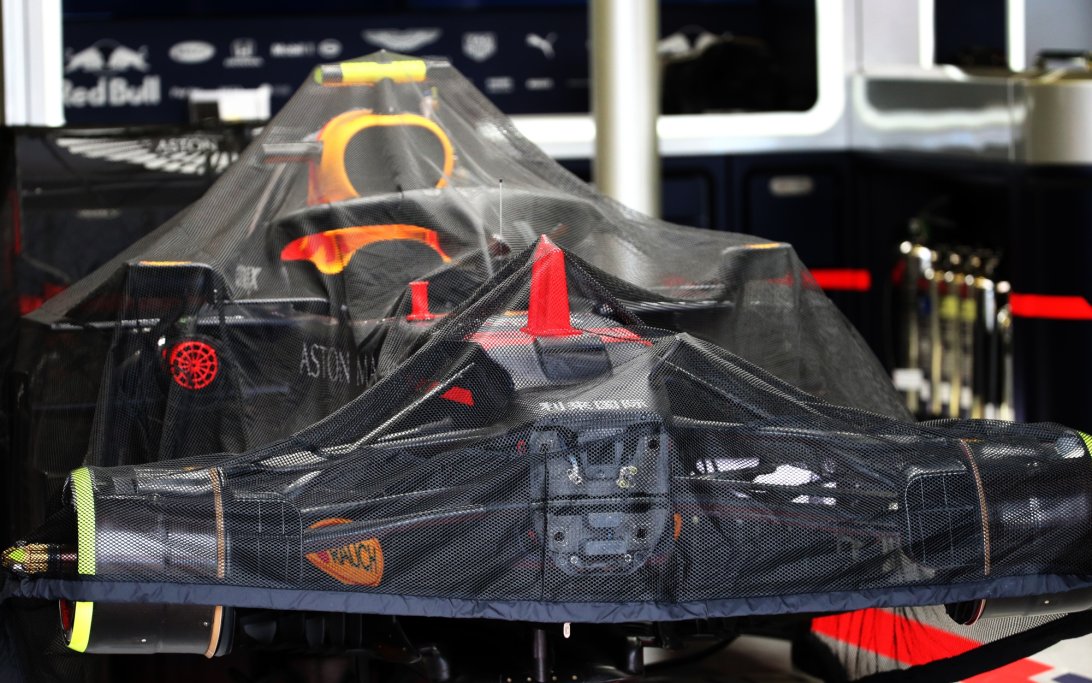
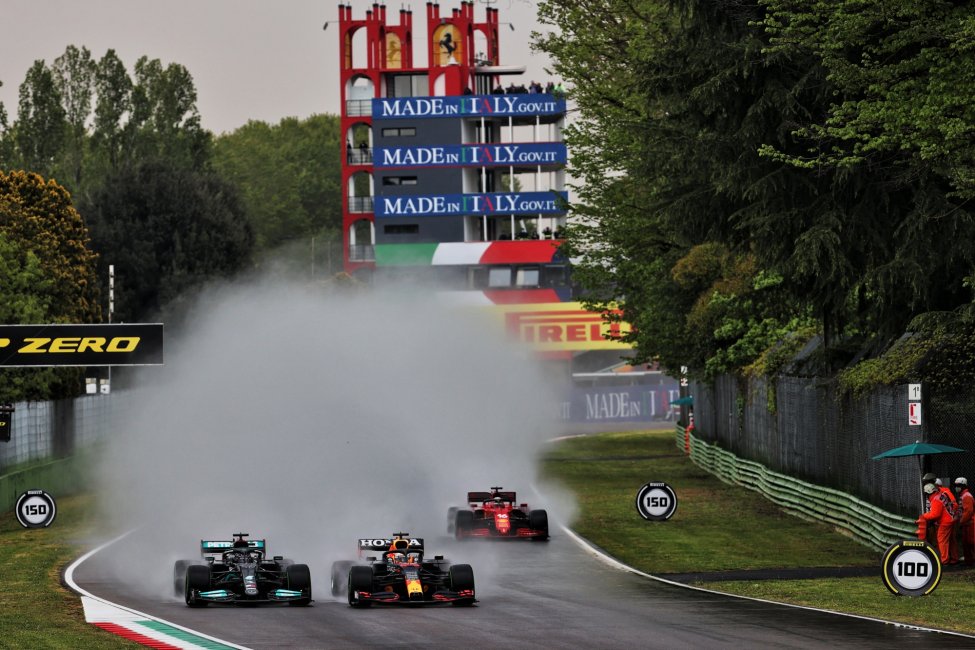
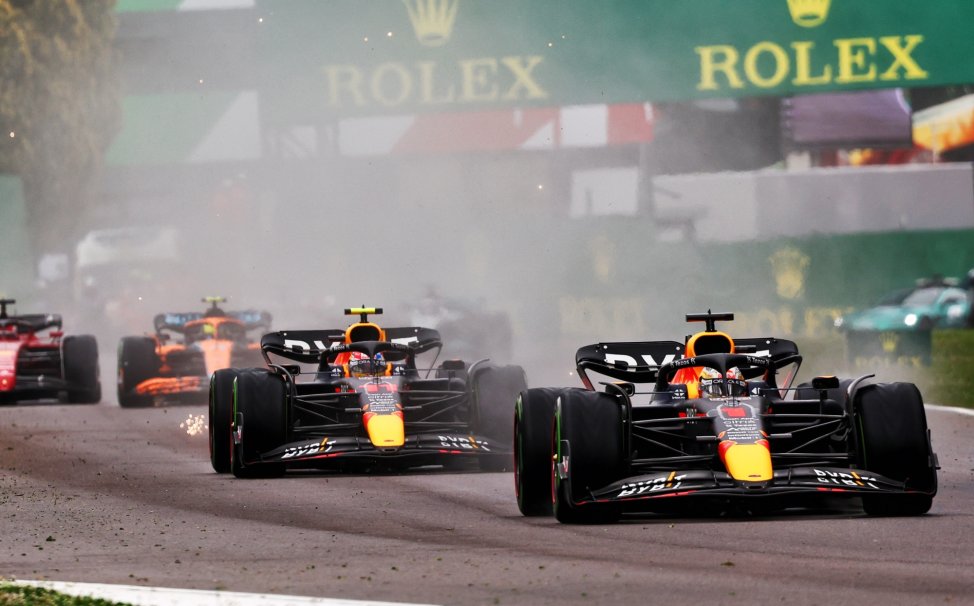
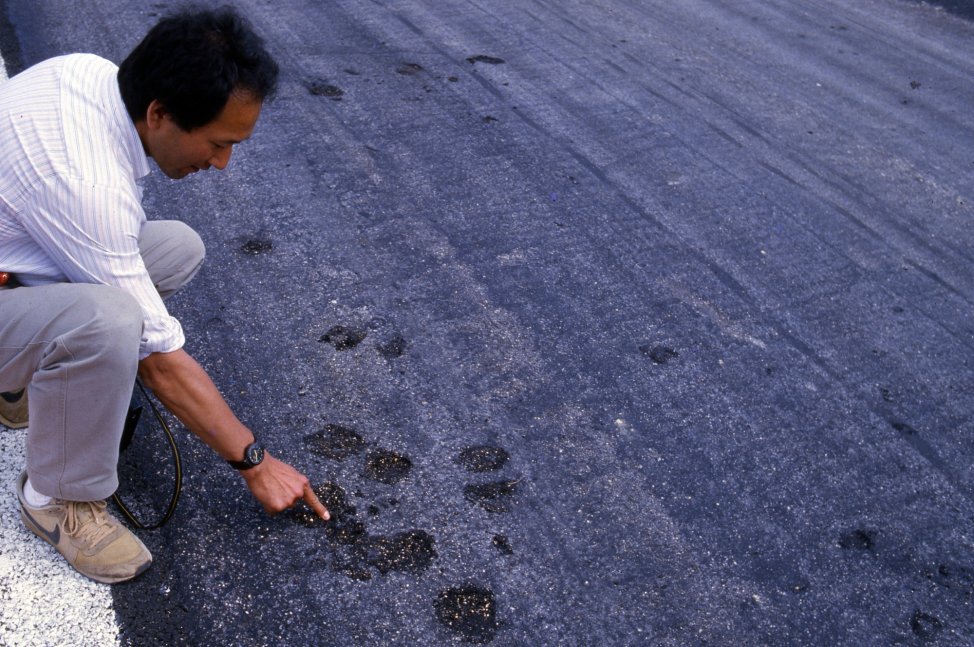
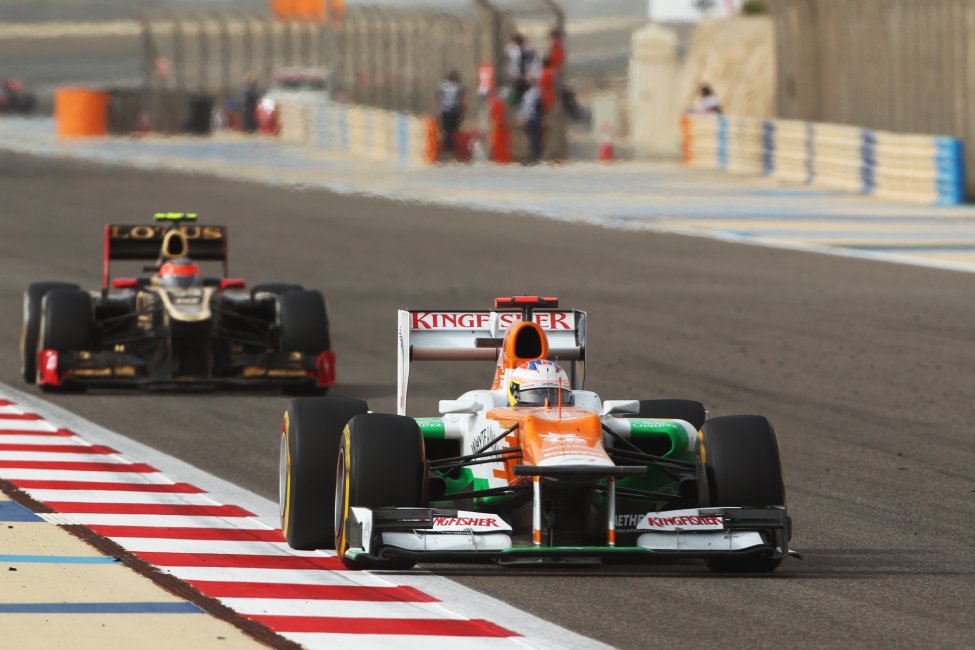


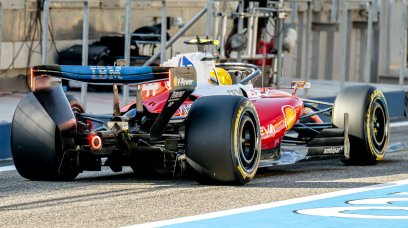
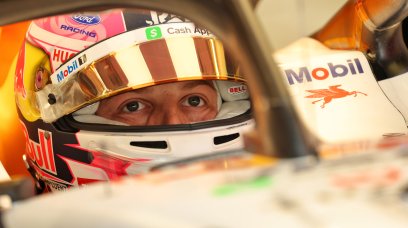
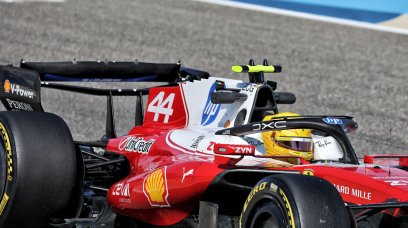
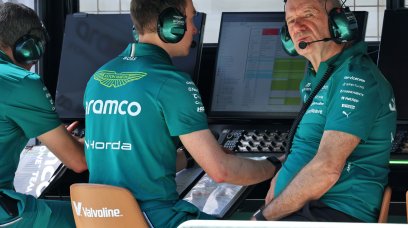
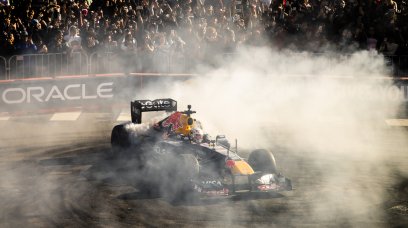
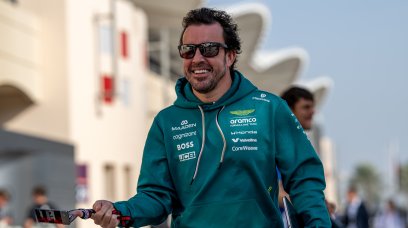
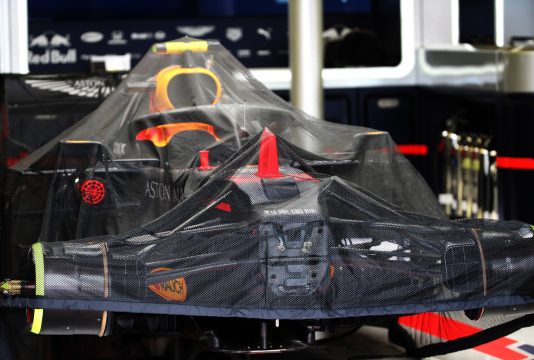
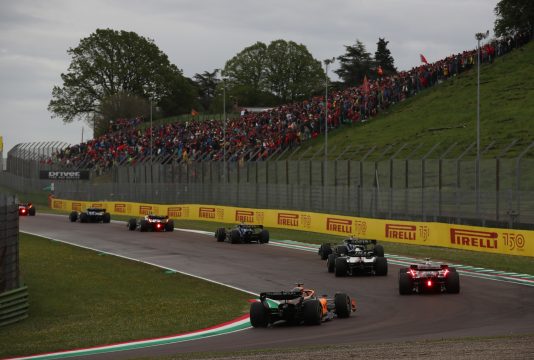
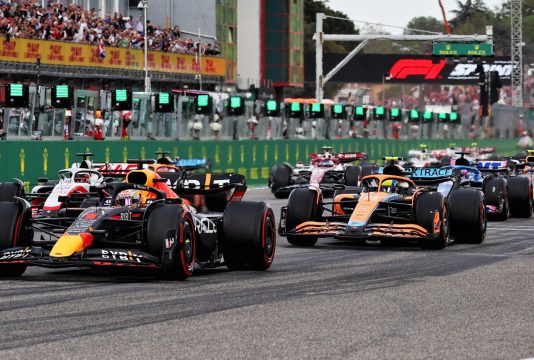

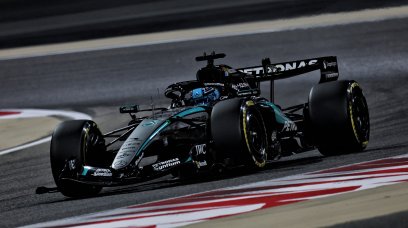

Join the conversation!